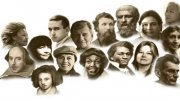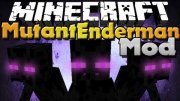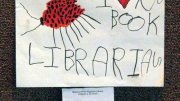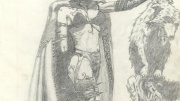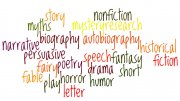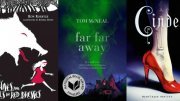 Introduction
Introduction
by Jeanne Henry, Hofstra University & Gina Sipley, Nassau Community College & Hofstra University
The best YA authors have a nose for what’s next, and so it was no surprise to me in 2005 when I came across Lauren Myracle’s TTYL— a book told entirely in the teen discourse of the day—AIM (AOL Instant Messenger). In the decade since TTYL made its appearance, other YA authors have begun to depict the lives of teens who move through the digital world and for whom coming of age often happens online. In acknowledgment of YA literature’s first digital decade, I decided to devote a topical seminar I teach in the Literacy Studies Doctoral Program at Hofstra University to the study of 10 YA novels that feature extensive online activity. For the month of July, I, along with my co-editor, , will share with you some of the thinking and writing of a selection of these doctoral students—with the reminder that the entire class contributed—through discussion and debate—to the individual insights and conclusions shared here.
While the books we read were not to everyone’s taste, we did conclude that—when read against the context of Danah Boyd’s (2014) It’s Complicated: The Social Lives of Networked Teens and Jane McGonigal’s (2011) Reality is Broken: Why Games Make Us Better and How They Can Change the World, these YA authors actually seem to understand the digital lives of today’s teens far better than do their parents, their teachers, the corporations that market to them, and the press. The books included in the class were (an asterisk indicates the ones to be discussed in the course of our blog entries):
Boyd, D. (2014). It’s complicated: The social lives of networked teens. New Haven, CT: Yale University Press.*
Brezenoff, S. (2014). Guy in real life. New York: Balzer + Bray.
Cline, E. (2011). Ready player one. New York: Crown.*
Doctorow, C. (2008). Little brother. New York: Tor Teen.*
Doctorow, C. (2010). For the win. New York: Tor Teen.*
Doctorow, C. and Wang, J. (2014). In real life. New York: First Second Books.*
Halpin, B. (2004). Donorboy. New York: Villard.*
Manning, S. (2013). Adorkable. London: Little, Brown Book Group.*
McGonigal, J. (2011).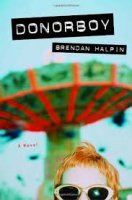 Reality is broken: Why games make us better and how they can change the world. New York: The Penguin Press HC.*
Reality is broken: Why games make us better and how they can change the world. New York: The Penguin Press HC.*
Myracle, L. (2005). TTYL. New York: Amulet Books.
Rowell, R. (2013). Fangirl. New York: St. Martin’s Griffin.
Vail, R. (2014). Unfriended. New York: Viking Books for Young Readers.
Additionally, we identified and wrote about this books with networked content:
Berk, J. (2010). The dark days of Hamburger Halpin. New York: Knopf Books for Young Readers.*
Our writing is more focused on teens and trends as reflected in the novels, but Molly Wetta’s superb August 20, 2014 ALA blog, “, ” provides thorough summaries of many of these, and other, YA titles that involve digitally-adapting teens. We invite you to comment, to share your insights and observations, or just suggest more to read!

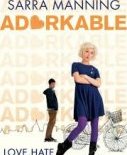
Source: wowlit.org
You might also like:
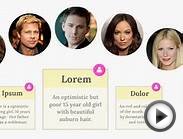
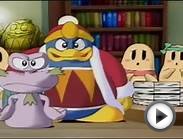
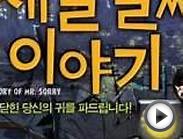
Related posts:
